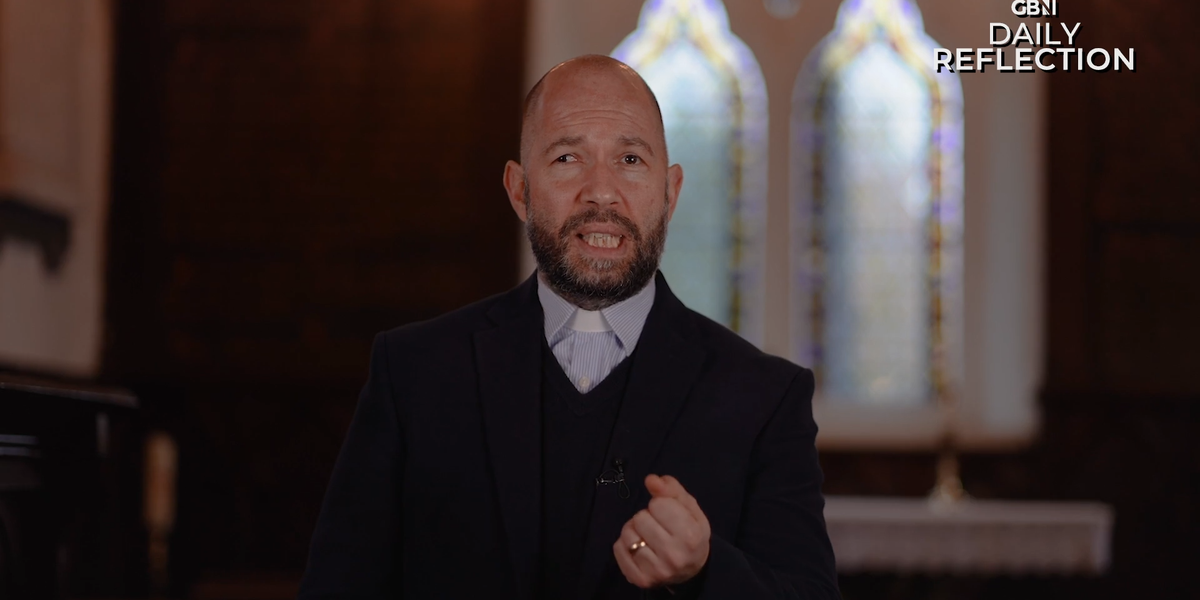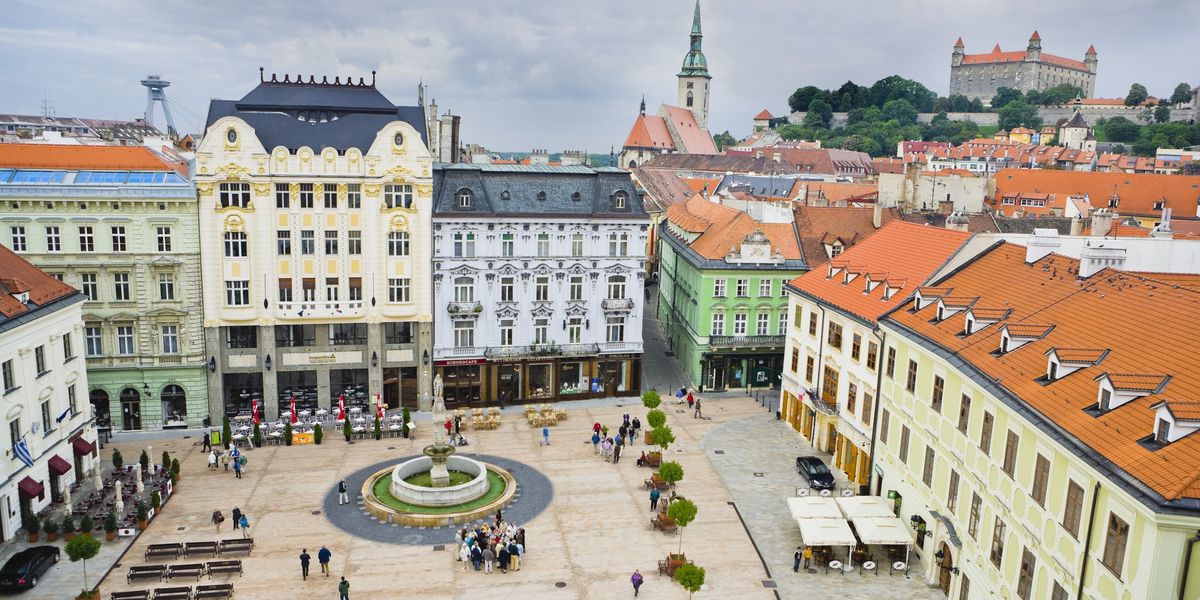
A Liberal cabinet minister has confirmed that a Mark Carney government would maintain a cap on oil and gas production, despite claims of wanting the energy.
The Liberal government, under then-prime minister Justin Trudeau, tabled a production cap on oil and gas last November 4. If implemented, it would require producers to cut emissions by about one-third over the next eight years.
Environment Minister Terry Duguid told the Canadian Press that Canadians want the energy but not the pollution that comes with greater production.
Despite pushback from Alberta, and top energy executives, the feds intend to table final regulations sometime this year.
“It goes after pollution, not production,” then-environment minister Steven Guilbeault told reporters at the time, prompting a fiery response from Alberta Premier Danielle Smith, who threatened to invoke the province's Sovereignty Act.
“Albertans and all Canadians can rely on our government to actively explore the use of every legal option, including a constitutional challenge and the use of the Alberta Sovereignty within a United Canada Act,” she told reporters at a separate press conference.
“It is not an emissions cap,” clarified Smith. “It is a production cap.”
Reducing current emissions by 251 million tonnes annually in 2030 is the equivalent of shutting down emissions from Canada’s entire oil and gas sector (216.7 tonnes annually), causing a recession, and still coming up short.
Premier Smith earlier accused Guilbeault of singling out the oil and gas sector alone for punitive federal treatment. “They’re devaluing the retirement investments of millions of Canadians and they’re threatening the jobs of hundreds of thousands of Albertans.”
Smith says the production cap will push Alberta, and Canada as a whole, into economic and societal decline. “The losses to GDP mean $28 billion will disappear from the Alberta economy and $97 billion, nationally.”
“To give you an idea,” she said, “one million barrels a day of lost production would cost us anywhere from $3 billion to $7 billion per year in royalties. To put that into context, we spend $2.2 billion on roads and bridges.”
These targets would also decrease Canada's GDP by $196 billion in 2050, according to the Fraser Institute.
Though the cap-and-trade proposal has a lower emissions target than the 2030 Emissions Reduction Plan (ERP), which aims for “net-zero” emissions by 2050, Kenneth Green, a senior fellow at the Fraser Institute, says it likely won’t matter.
Under the production cap, the federal government aims to reduce oil and gas emissions by 35-38% below 2019 levels, down from 42%.
“A reduction [is] unlikely to have any impact on the trajectory of the climate in any detectable manner, and hence, to offer only equally undetectable environmental, health, or safety benefits,” he said.
Green cited the oil and gas production cap as an example. “Overall, the (greenhouse gas) cap imposed on the oil and gas industry will result in significant economic losses without generating material environmental benefits.”
Nearly 30% of emissions reductions would then be emitted elsewhere due to carbon leakage.
A 2023 report stated that Liberal governments since 2015 have never met emissions targets and will likely miss their 2030 goal.
“Their calculations are on track for 36%, and the target is 40 to 45%,” claimed Jerry DeMarco, the Environment Commissioner. Navius Research believes emissions will only fall by 29%.

Alex Dhaliwal
Journalist and Writer
Alex Dhaliwal is a Political Science graduate from the University of Calgary. He has actively written on relevant Canadian issues with several prominent interviews under his belt.
Help fund Alex's journalism!

 By Rebel News | Created at 2025-03-20 20:51:01 | Updated at 2025-04-05 15:04:05
2 weeks ago
By Rebel News | Created at 2025-03-20 20:51:01 | Updated at 2025-04-05 15:04:05
2 weeks ago








